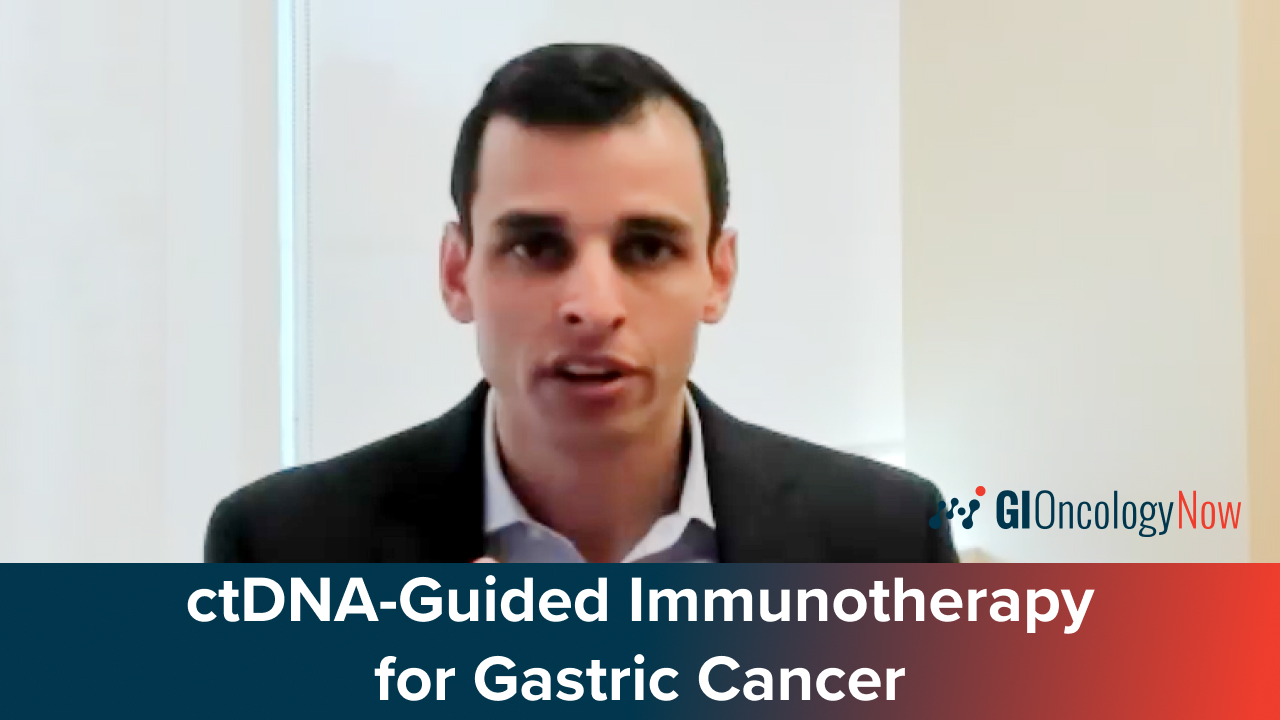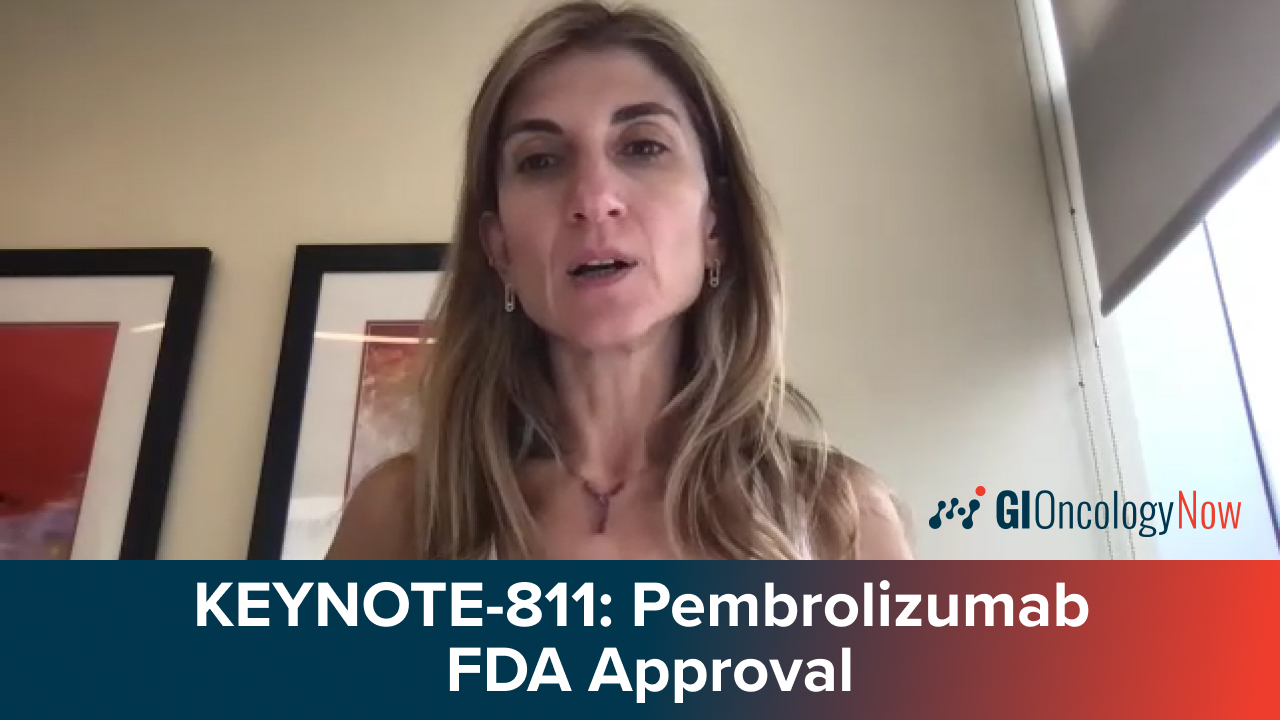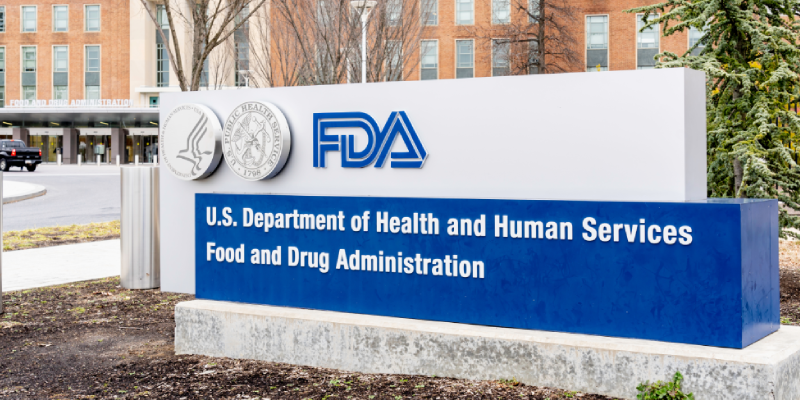
The use of tislelizumab-jsgr (tislelizumab) has recently been approved by the FDA for first-line treatment of unresectable or metastatic HER2-negative gastric or gastroesophageal junction adenocarcinoma (G/GEJ) in adult patients with programmed death–ligand 1 (PD-L1)–expressing tumors.
The BeiGene drug is currently approved as a monotherapy for patients with unresectable or metastatic esophageal squamous cell carcinoma (ESCC) after prior systemic chemotherapy that did not include a PD-(L)1 inhibitor.
Tislelizumab is a monoclonal antibody with a high affinity and binding specificity against programmed cell death protein 1. The treatment is designed to minimize binding to Fc-γ receptors on macrophages, assisting in the destruction and detection of tumors by immune cells.
The approval is based on positive outcomes of the phase 3 RATIONALE-305 trial, which analyzed the efficacy and safety of tislelizumab in combination with chemotherapy as a first-line treatment for patients with unresectable or metastatic G/GEJ cancer. Compared with placebo plus chemotherapy, tislelizumab was associated with a 20% reduction in the risk of death.
The study met its primary endpoint by providing statistically significant overall survival (OS) benefits, with a median OS of 15 months for patients treated with tislelizumab plus chemotherapy versus 12.9 months for patients treated with a placebo plus chemotherapy (n=997; hazard ratio, 0.80; 95% CI, 0.70-0.92; P=.0011).
The application for FDA approval included pooled safety data from 1,972 patients who received tislelizumab monotherapy as part of several other studies; 307 of these patients had ESCC, and 1,665 patients had advanced or recurrent tumors.
The most common grade 3 or 4 treatment-related adverse events associated with tislelizumab plus chemotherapy included neutropenia, thrombocytopenia, anemia, fatigue, hypokalemia, and hyponatremia.
An additional Biologics License Application for tislelizumab is under review by the FDA for the first-line treatment of adult patients with locally advanced unresectable or metastatic ESCC.







 © 2025 Mashup Media, LLC, a Formedics Property. All Rights Reserved.
© 2025 Mashup Media, LLC, a Formedics Property. All Rights Reserved.